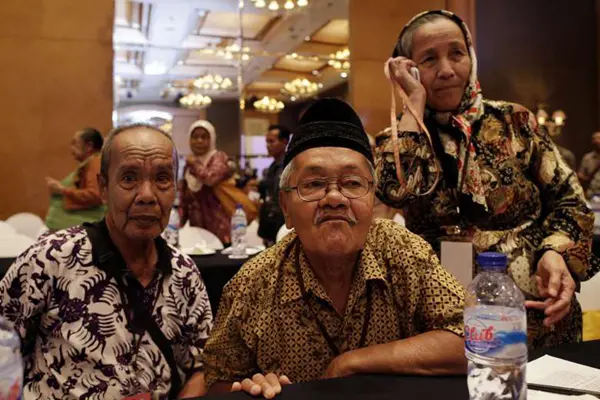Fifty-seven meat importers in Brazil toughened controls on shipments in the wake of a food safety scandal in March but no problems with production have been found, Agriculture Minister Blairo Maggi told a congressional hearing on Wednesday.
Major meat importers including China issued bans after Brazilian federal police unveiled a probe into alleged bribery of health officials by meat processors to skip inspections and ignore abuses.
Since the scandal broke, importers are inspecting 100 percent of the merchandise at destination, Maggi told an agricultural committee of Congress' lower house, saying that this helped demonstrate that Brazilian products are safe.
As part of the government's efforts to reassure buyers of the quality of Brazilian meat, Maggi is due to travel to the United Arab Emirates, Kuwait, Saudi Arabia and Qatar on Friday.
The purpose of the visit "is to present explanations, in addition to those sent in writing, to ensure these markets stay open," according to a statement from the Agriculture Ministry.
The Middle East countries Maggi is scheduled to visit buy most of Brazil's chicken exports, which fell 11.2 percent to $543.1 million in April versus the year earlier period, the ministry said.
The markets currently open to Brazilian meat exports are worth a combined $13.55 billion, representing 95.3 percent of the country's total export market, the statement said.
Last week, Maggi told Reuters that 10 nations remained undecided on whether to resume purchases, but he added they represented a very small volume of Brazilian meat sales.
The "Weak Flesh" investigation triggered 328 official information requests from other countries regarding the investigation.
Brazil's exports of beef, pork and poultry fell 22.1 percent last month, though a sharp rise in prices partially offset the drop in volumes, the Agricultural Ministry said in a separate statement on Wednesday.
Still, April's meat exports were down 9.8 percent at $1.08 billion from the same month a year ago, the government said.
(REUTERS)
 简体中文
简体中文

